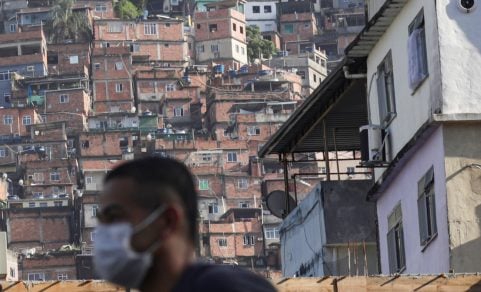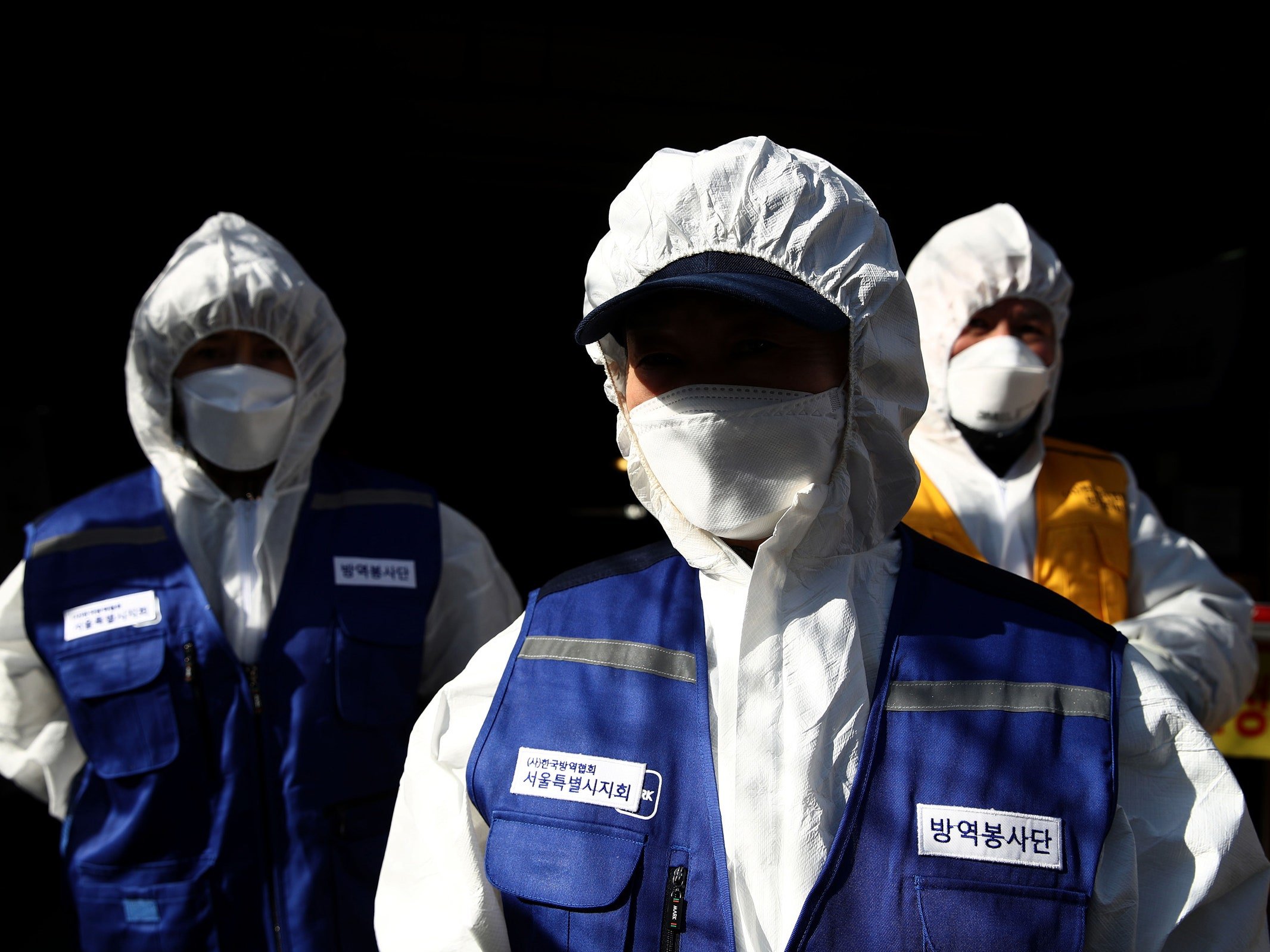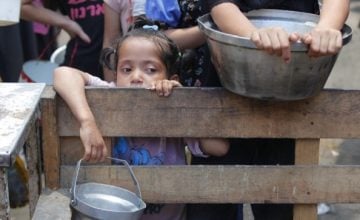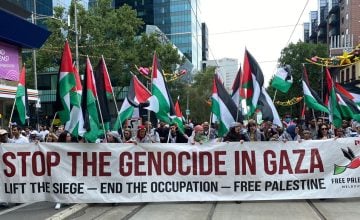In Brazil, the pandemic of the coronavirus COVID-19 is getting stronger every day. Until this Monday, April 13, the authorities have reported at least 22,720 infected and 1,270 deaths as a result.
According to the numbers from the Ministry of Health, the most affected region is the southeast of the country, with approximately 60% of those infected.
In that region are located two of the most populous states of the South American giant, which register the highest number of positive diagnoses: Sao Paulo and Rio de Janeiro.

Breeding ground
Precisely, in Sao Paulo and Rio de Janeiro, millions of people live in the so-called favelas, a group of precarious or informal settlements that grow around or within the cities, and that constitute a ‘breeding ground’ for COVID-19.
These marginal areas are characterized by having a high population density and poor basic services – such as water and electricity – as well as not having access to a sewerage system, which exposes its inhabitants to the danger of contagion.
Added to this, is the lack of access to information and the low educational levels of some of the residents, which exacerbate the general ignorance of the dangers of the pandemic.

Impossible quarantine
Social distancing, continuous hand washing, access to diagnostic tests and isolation of the infected are the main recommendations of the World Health Organization (WHO) to stop the progression of the epidemic that has infected almost two million people in the world, of which more than 118 thousand have died.
However, compliance with these measures is more than difficult within the favelas and their environment of poverty, overcrowding, and unsanitary conditions.
“Here in the favela, water arrives twice a week. We save water not only for conscience, but also for survival. Washing your hands all the time is not a possibility”, denounced activist Raull Santiago, who lives in the Alemão complex in Rio de Janeiro.
«And if we talk about the alcohol gel, in addition to the inhumane action of people who greatly increase the value of the product, even if it had a normal value, it is an unforeseen additional expense», he reported on the digital portal ‘Favela em pauta‘.
«Quarantine is impossible here», Santiago warned, which makes sense considering that the favelas are small buildings where five or even ten people live in a single space, and the possibility of social distancing is almost nil.

The activist is the voice of the more than 1.5 million inhabitants who live in the favelas of Rio de Janeiro, where nine out of ten residents will have difficulties buying food if they are forced to stay at home without generating income, according to data from the NGO Central Única das Favelas (CUFA), founded in 1999.
In the face of the risk for these communities, CUFA launched the ‘Favela contra o Vírus’ (‘Favela against the virus’) campaign, with which it tries to raise awareness among residents in these marginal areas of the country of the importance of hygiene and precautionary measures to prevent the spread of the coronavirus.
But the reality is, in many cases, very different from the desired one.
«The situation is very serious because many inhabitants of the favelas have not yet realized the gravity of the current scenario and are not fulfilling the isolation as they should», said Claudia Rafael, coordinator of the CUFA in the Paraisópolis neighborhood in Sao Paulo, quoted by La Vanguardia.
Likewise, thousands of the inhabitants of the favelas expose themselves by going out into the streets to earn a living, running the risk of infecting themselves and their loved ones.

Brazil can’t stop?
Since the start of the pandemic, President Jair Bolsonaro has ignored the seriousness of the spread of COVID-19, despite the fact that his country concentrates the highest number of contagions in Latin America.
The extreme right-wing president has branded the outbreak as «influenza» and has made it clear that, for him, «Brazil cannot stop», calling on citizens to go out to work.
The President has been especially critical of the emergency measures ordered by the Governors of Sao Paulo and Rio de Janeiro, Joao Doria and Wilson Witzel, declared opponents of his Government, who have promoted the restriction on the movement of people in those states, which are the ones that register more positive cases of Covid-19.
«In the center of Sao Paulo, where I live, and in several cities of the country, the response to Bolsonaro’s statements has been a loud and prolonged ‘cacerolazo’ (Bangig pots and pans), which has become a routine on our quarantine nights. But in many favelas, his speech encouraged people to go out again», condemned Brazilian journalist Carol Pires.
In an article published by The New Yok Times, Pires reported that in other favelas the indifference of the federal government had an unexpected resistance: “organized crime gangs – which devastate their inhabitants and increase daily violence – decreed a night curfew to face COVID-19.”

Pandemic and poverty
The COVID-19 pandemic came at a time when the Bolsonaro administration seeks to encourage economic growth with neoliberal austerity policies that affect the quality of life of Brazilians.
After a year and four months in office, the far-right reduced the ‘Bolsa Familia’, the emblematic social income distribution program.
Specifically, this March, Bolsonaro reduced 158,452 subsidies belonging to the social welfare program amid the health crisis caused by the coronavirus.
Additionally, the National Social Security Institute, responsible for authorizing the payment of pensions, currently has a payment delay for more than almost two million people, as reported by The New York Times.
In the favelas, where more than 13 million Brazilians live, the situation is even more precarious: only 19% have a formal job that guarantees, for example, unemployment insurance.
The coronavirus outbreak worsened the picture. Since the start of the pandemic, 70% of families living in favelas have suffered a drop in their income. The vast majority – 86% – live month to month and say they will not be able to buy food if they do not work every day.













